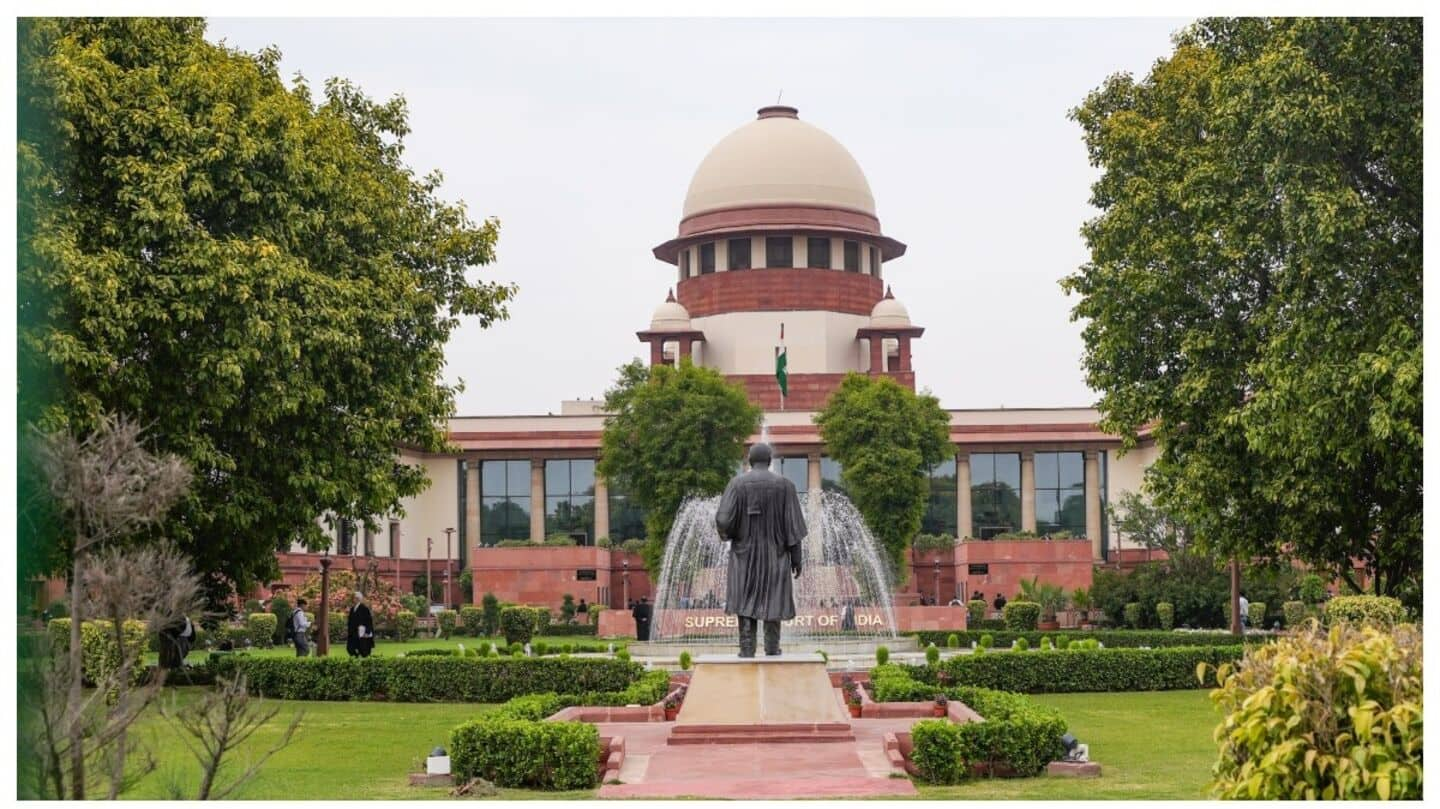
'India already has 140cr…': SC rejects Sri Lankan's refuge plea
What's the story
The Supreme Court has refused to intervene in the deportation of Subaskaran, a Sri Lankan Tamil national. The court was hearing his plea challenging a Madras High Court order that directed him to leave India after serving a seven-year sentence. The bench, comprising Justices Dipankar Datta and K Vinod Chandran, dismissed the plea with an observation: "Is India to host refugees from all over the world? We are struggling with 140 crore [people]. This is not a Dharmshala."
Case background
Subaskaran's conviction and appeal
Subaskaran was arrested in 2015 for allegedly being part of a conspiracy to revive the Liberation Tigers of Tamil Eelam (LTTE). He was convicted in 2018 by a trial court in Ramanathapuram under several laws, including the Unlawful Activities (Prevention) Act (UAPA) and the Indian Penal Code (IPC). In 2022, the Madurai Bench of the Madras High Court reduced the sentence to seven years following an appeal.
Deportation directive
High court's order and wife's plea
However, the Madras High Court ordered Subaskaran to leave India immediately after his release. Up until then, the court allowed him to stay in a refugee camp. His wife later approached the Tamil Nadu Government to allow him to live with his family without forcing him to leave India but was unsuccessful. She then moved the Madras High Court against her husband's deportation, which was also rejected.
Court proceedings
Supreme Court hearing and advocate's argument
Subaskaran then approached the Supreme Court, where he claimed he was falsely implicated in the UAPA case. His advocate, R Sudhakaran, argued that if he is deported, he could be subjected to torture in Sri Lanka. He requested permission for Subaskaran to stay indefinitely in India, possibly at a refugee camp. However, the Supreme Court refused to intervene, stating that if Subaskaran's life is in danger in Sri Lanka, he should apply for refugee status in another country.